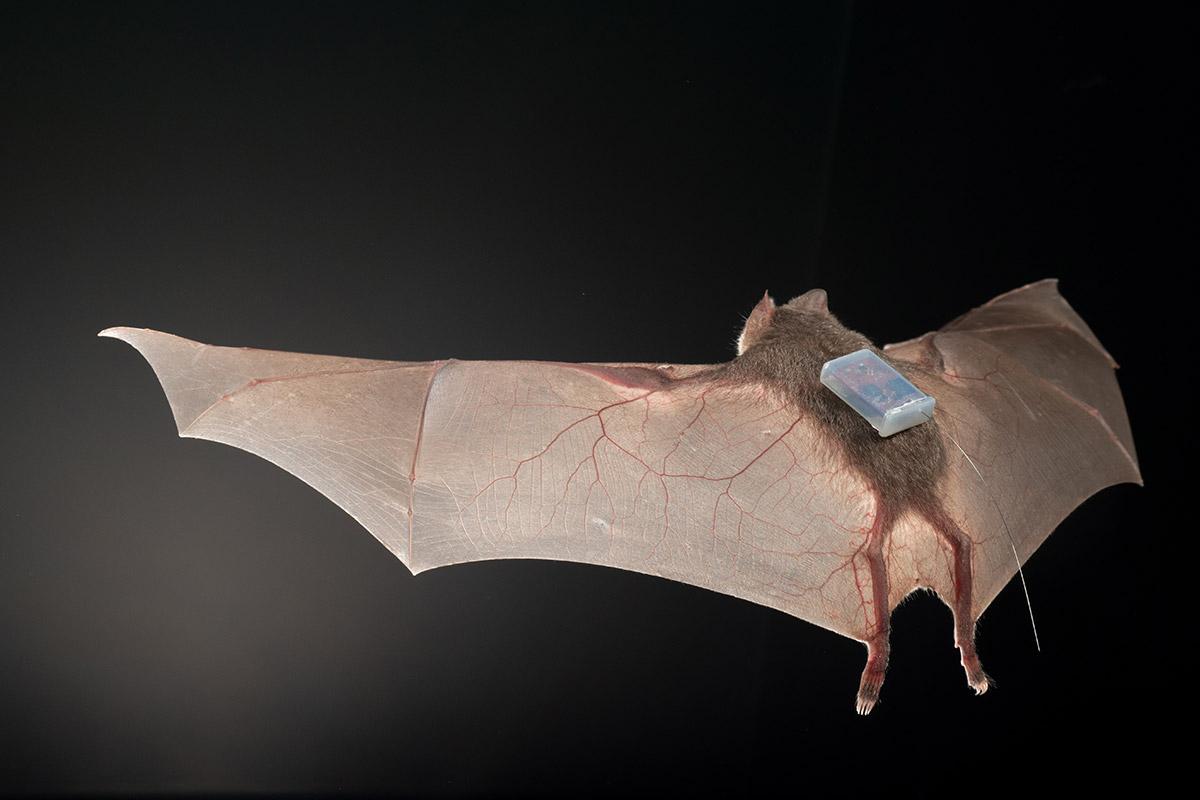Friendships are a key source of human happiness, health, and well-being. Increasing evidence shows that similar relationships are important in many other species, including the blood-feeding vampire bat. According to a new study in Current Biology by a team of researchers from the Museum für Naturkunde Berlin (MfN), vampire bats form friendship-like social bonds that persist across the dramatic shift from the lab setting to the wild.
Vampire bats are highly cooperative. They regurgitate blood to feed hungry bats in their social network, even to unrelated adults. “Studying social interactions in wild vampire bats has been a difficult and time-consuming endeavor in the past and required months and years of observing the bats in their natural habitat” said Simon Ripperger, who is a Postdoctoral Fellow affiliated with the Museum für Naturkunde Berlin, the Smithsonian Tropical Research Institute, and The Ohio State University. However, the biologists Simon Ripperger and Frieder Mayer from MfN developed a new technology for tracking the social networks of wild bats in collaboration with a team of electrical engineers and computer scientists. They call them proximity sensors, miniaturized computers weighing less than a cent, which attach to each bat like little high-tech backpacks and which log all associations between the bats of the social group. “A few years back we could only dream of tracking the social network of wild bats in such great detail.” said Ripperger, lead author of the study.
This advance in technology enabled the researchers to study the stability of social relationships when the same individuals go from their artificial, captive environment back into the wild. “For several years, we have been doing experiments on food sharing in kin and nonkin vampire bats in captivity, but we also wondered if these stable cooperative relationships were largely an artifact of being in captivity,” said Gerald Carter, Research Associate at STRI and Professor of Biological Sciences at The Ohio State University. Carter, co-leading author of the study, found that putting the bats into constant captive association made them more likely to share food. “But we wanted to test if these relationships would persist if the bats were back out in the wild, where they could choose to associate with anyone and go anywhere. In other words, are we experimenting with real social bonds that would persist in nature?”
Publication:
Current Biology, Ripperger and Carter et al.: “Vampire bats that cooperate in the lab maintain their social networks in the wild” https://www.cell.com/current-biology/fulltext/S0960-9822(19)31364-8 DOI: 10.1016/j.cub.2019.10.024
